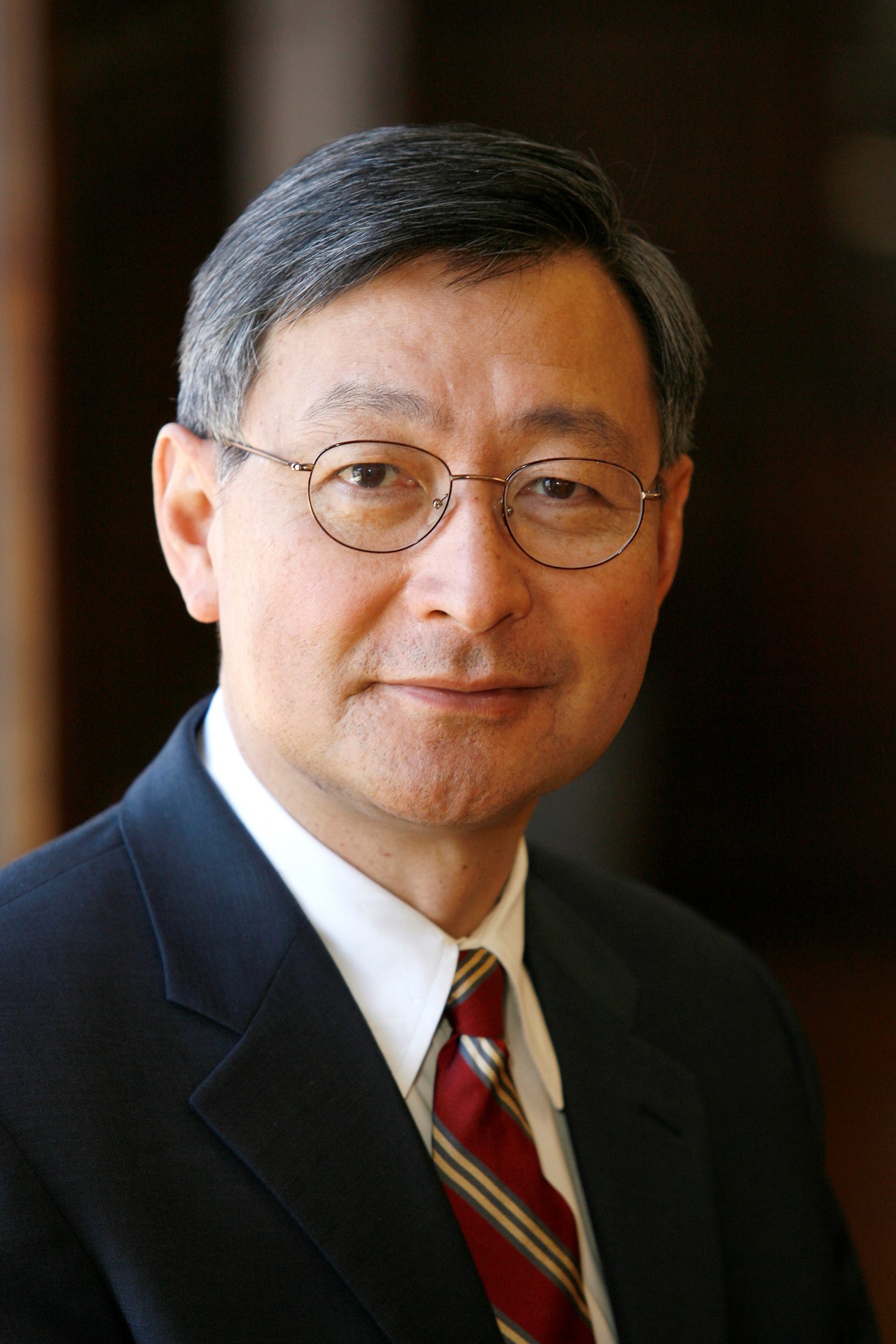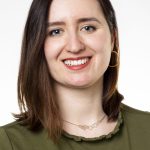About the Seminar
Nonlinear light scattering in the form of Second Harmonic Generation, due to its symmetry properties, has been proven effective for observing molecular adsorption and transport at the surfaces of colloidal objects, including living biological cells. This method affords membrane specificity, real time resolution, and the ability to image single cells in examining molecule-membrane interactions.
This talk will lay out the basic principles of Second Harmonic Light Scattering (SHLS) and illustrate how SHLS can be applied to examine the surface of colloidal objects and molecular transport at cell membranes. This method has been used to determine the fundamental mechanism of the century-old Gram stain for classifying bacteria. Examples illustrating effects of molecular structure and the membrane structure in influencing molecular adsorption and transport at living cell membranes will be presented. SHLS applied in the imaging modality shows that molecular transport can be examined with spatial resolution and that the transport rate varies greatly from regions to regions at a cell membrane. Furthermore, it will be shown that this second harmonic microscopic tool can be used to determine membrane phase transition and membrane asymmetry.
About the Speaker
Hai-Lung Dai, currently Laura Carnell Professor of Chemistry and Director of the Institute for Membranes and Interfaces at Temple University, was born in 1954 in Taiwan and became a naturalized citizen of the US in 1993.
A graduate of National Taiwan University (1974), he holds a PhD from UC Berkeley (1981), and was a postdoctoral fellow at MIT (1981-84). In 1984 he joined as assistant professor of chemistry at the University of Pennsylvania where he received tenure in 1989 and was promoted to full professor in 1992. From 1996-2002 he served as Chair of the Chemistry Department for two terms and later founded the Penn Science Teacher Institute. In 2002 he was appointed the Hirschmann-Makineni Professor of Chemistry.
In 2007, Dai moved to Temple University as Dean of the College of Science and Technology, a role he served till 2012. Since 2010, Dai also assumed the responsibility of overseeing International Affairs. From 2012 to 2016, Dai was Provost and Executive Vice President for Academic Affairs. From 2017 to 2022, Dai continued his service as Vice President for International Affairs.
Dai is an active, funded researcher in physical chemistry and colloidal and surface sciences. He has published >210 articles and delivered >360 invited lectures. His many honors include Guggenheim Fellowship, Humboldt Fellowship from Germany, the Coblentz Prize in Spectroscopy (1990), the Ellis Lippincott Award from the Optical Society of America (2006), the Langmuir Lecturer Award in Colloid and Surface Chemistry of the American Chemical Society (2012); and named lectureships including the Morino Lectureship of Japan. He is a Fellow of both the American Chemical Society and American Physical Society and served as Chair of the APS Chemical Physics Division. In 2019 the Journal of Physical Chemistry published a Festschrift honoring his contribution and leadership in chemistry. His other honors include a Distinguished Alum Award from National Taiwan University, the Malone Award in International Education Leadership from the Association of Public and Land Grant Universities, and a Knight Order of the Star Medal from the government of Italy.
In addition to gubernatorial appointments in the Pennsylvania State Board on Drug, Device and Cosmetic in 2002-2006 and currently the Commission on Asian American Affairs, Dai has served to advise government agencies, professional societies, civic organizations, universities and research institutions around the world. He has been a choral conductor since college and conducted many orchestral concerts in the Academy of Music, Kimmel Center, and Temple Performing Center in Philadelphia, and the Beijing Concert Hall and the Shanghai City Hall.



